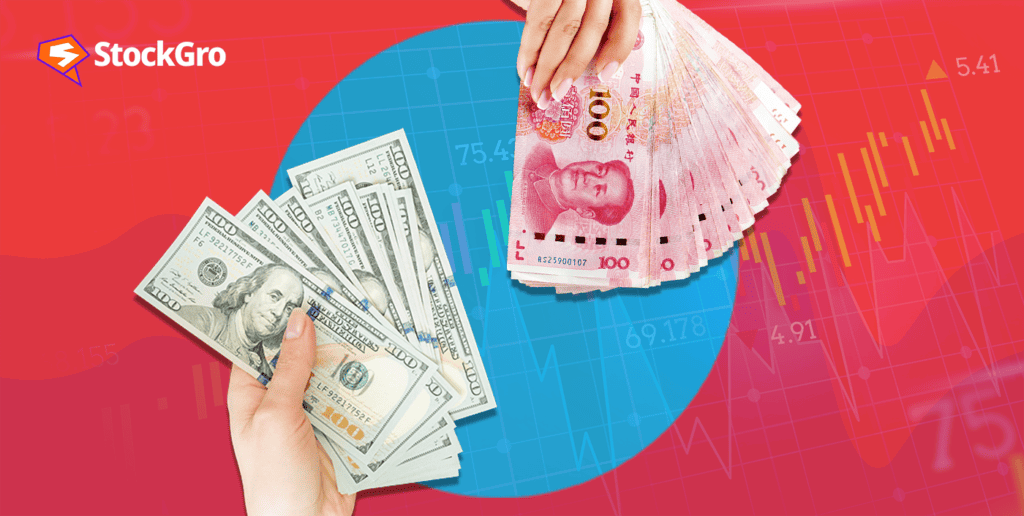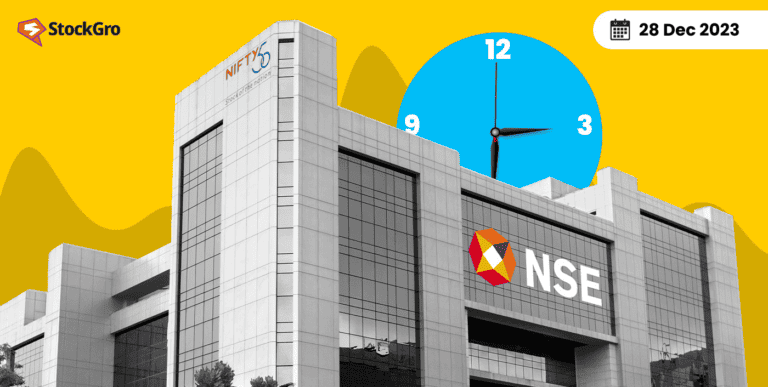
The financial market is a huge marketplace involving numerous transactions daily. The foreign exchange market is the biggest of them. Yes, transactions worth trillions happen each day on the forex market.
What is the basis for these transactions? How do countries trade with other currencies? Who manages the exchange rate?
Our article for today will answer all these questions for you.
Exchange rates
One currency can be exchanged against another. The rate at which the barter takes place is the exchange rate. The exchange rate of a country’s currency is different for every foreign currency, based on various market conditions.
The usual pattern is that the value of a developing country’s currency is lower than the value of a fully developed country. Similarly, the value of an underdeveloped country is lower than the other two. The exchange rate suggests the units of one currency required to buy one unit of another.
You may also like: All you need to know about the basics of forex trading in India
Exchange rate example:
USD/INR is ₹83.32 as of 21 November 2023. It means $1 is worth ₹83.32. So, the exchange rate here represents Dollars in terms of Indian Rupees.
What is a fixed exchange rate system?
A fixed exchange rate is a system where the country’s exchange rate is determined by the government or regulatory body. They use another currency or precious metals like gold as the base to determine the country’s exchange rate.
Fixed exchange rate example:
The Saudi Arabian Riyal has a fixed exchange rate against the U.S. dollar. As per an agreement between the two countries, the rate has been fixed at 3.75SR since 1986.
What is a flexible exchange rate?
A flexible exchange rate is another system that some countries follow, where the exchange rate is not fixed or tied against an underlier. The exchange rate relies on the demand and supply forces of the currency in the forex market.
Flexible exchange rates are also called floating exchange rates. The rates are prone to high fluctuations based on market conditions.
For example, India follows a floating exchange rate system, due to which the exchange rate against other currencies fluctuates every day.
Currency exchange floor rate
Currency exchange floor rate is the lower limit set by a country’s governing authority, beyond which the currency rate must not fall. Since flexible rates change every day and are highly affected by market conditions, the regulatory body keeps a checkpoint to ensure that the country’s currency does not become too weak.
As the exchange rate moves closer to the floor rate, the regulatory authority steps in to take precautionary measures.
Also read: Foreign portfolio investments – Overview, types and benefits
Why is the exchange floor rate essential?
The exchange rate is a significant aspect of the economy. With a decrease in a currency’s exchange rate, the goods and services produced in the country become cheaper. This affects the revenue and GDP of the economy.
Exchange rates strongly impact a country’s current account by influencing the price and quantity of imports and exports. With falling exchange rates, imports become expensive, and exports become cheaper. It affects the country’s balance of payments and leads to a deficit. These issues will lead to inflation, and gradually, the economy will move towards depression.
Hence, it is essential for countries to have a floor exchange rate and ensure the currency does not weaken beyond a certain point.
Foreign exchange management in India
The Reserve Bank of India regulates the foreign exchange market in India. The decision between choosing a fixed vs floating exchange rate for the country depends on the regulatory body.
Below are some functions handled by the RBI in the forex market:
- Maintaining foreign exchange reserves – The central bank maintains foreign currency reserves at all times, to meet the country’s financial obligations during a crisis.
- Regulating foreign exchange trades – The currency market facilitates traders to buy and sell currencies. Both NSE and BSE facilitate trading derivatives in the currency market. The RBI and the Securities and Exchange Board of India (SEBI) regulate these transactions.
- FDI policy formulation – India is one of the popular locations for foreign investors to invest and set up their businesses. Foreign Direct Investment is essential for a country’s economy. FDI immensely boosts the country’s GDP and economic growth. RBI is the key rule-maker concerning foreign investments.
Also read: Diving into FDI: What it means for investors and countries
Factors influencing the exchange rate of a country:
- The country’s economic condition – When a country faces severe inflation, it negatively impacts the exchange rate. Rising inflation rates lead to a decrease in the currency’s worth.
- Borrowing costs – Increasing interest rates on loans attract foreign lenders to lend more. This helps in increasing the exchange rate of the country.
- The country’s balance of payments – A balance of payment is a statement that shows a country’s international payments against international receipts. A deficit in this account indicates more foreign payments than receipts. A surplus indicates more foreign receipts than payments. A surplus in the balance of payments reflects well on the country, increasing its exchange rates.
- Political stability and international ties – A country’s political system and its relationship with the governments of other countries significantly impact exchange rates.
Bottomline
Foreign exchange is one of the significant factors affecting the growth of a country’s economy. Monitoring forex policies and regulating the forex market is one of the primary roles of the central bank. The exchange floor rate determined by the RBI helps in monitoring the rates and ensuring timely corrective actions to maintain the currency’s health.

